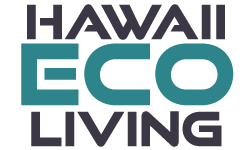Hawai‘i’s year-round growing season is purportedly the main reason that the global agrochemical-seed industry has located itself in the islands. Monsanto, Dow, DuPont, Syngenta and BASF claim that they operate in Hawai‘i solely because of its “natural resource competitive advantage,” and that their “contributions … are at no cost to the State.” It is certainly true that Hawai‘i’s climate is favorable for speeding up the cultivation of herbicide-resistant seeds and testing other agricultural technologies. But a lot more than sunshine makes Hawai‘i’s soils ideal to growing agrochemical industry products, and the social and political arrangements that facilitate the industry’s occupation of the islands are neither “natural” nor without public costs.
Hawai‘i has long been a subject of U.S. imperialism—islands used for the generation and extraction of wealth (especially within the sphere of agribusiness), and a hub of its military operations. The current occupation of Hawai‘i by agrochemical-seed corporations should first be situated within the context of the global conditions that have given rise to the industry in its present form—neoliberal capitalism and American dominance which, together, facilitate increasingly extensive privatization, corporate power and monopoly. Today just six companies control the worldwide markets in commercial seeds, agrochemicals and biotech traits, forming an oligopoly with tremendous power within the global food system.
Source: Hawaii Independent


